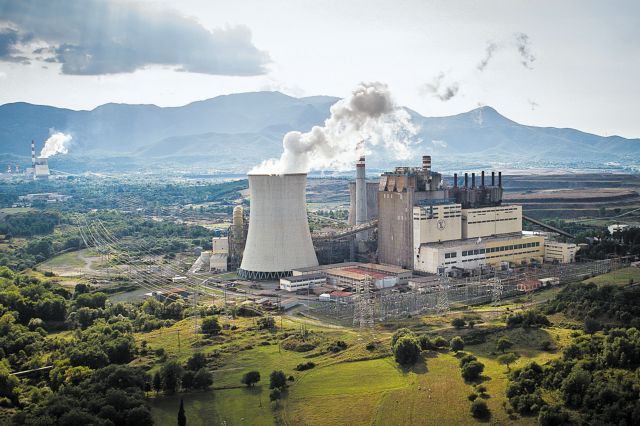
Tageszeitung – Greece returns to… lignite
Dirty, but cheap lignite energy and so Greece leaves aside environmental sensitivities, writes Tageszeitung
Spotlight
-

Μελέτη καταπέλτης για τα Τέμπη μιλά για αλλοίωση της σκηνής του εγκλήματος - Η αναφορά στις εύφλεκτες ουσίες
-

Γενς Στόλτενμπεργκ: «Δεν είναι πολύ αργά για να κερδίσει η Ουκρανία τον πόλεμο»
-

Το παρών του Αλέξη Τσίπρα
-

Έζησα στην Αθήνα της δεκαετίας του 1980 για έναν χρόνο - αυτό μου έμαθε ότι μπορείς να ανήκεις οπουδήποτε
“Greece bets again on lignite” is the headline in response to a report from Athens featured in Tageszeitung (TAZ) newspaper, which claims that “the conservative Greek government is reacting to high gas and oil prices with a return to lignite, from which it wanted to be rid of quickly. ” Citing a recent study by the Energy Regulatory Authority (RAE) in Athens, the newspaper points out that “Greeks are particularly concerned about the explosion of prices, mainly for gas and oil, in international markets. Because Greece is obliged to import these goods. As for solar and wind energy, they have not expanded as much as they should and moreover, even in Greece, they do not have sufficient efficiency. That is why the Greek authorities are betting again on the exploitation of lignite. It is a fossil fuel that can be considered dirty in terms of its impact on the environment, but it is also very cheap with short-term criteria. In addition, Greece has an abundance of deposits. By 2018, the country held the twelfth position in lignite production worldwide, mining 36.1 million tons per year.
In this way, the TAZ correspondent estimates, “the Mitsotakis government violates its declared intention to promote the energy shift in Greece in record time. “Economy prevails, environment follows” is the slogan that suddenly prevails in Athens. After a particularly severe blow to the Greek economy in the first year of the pandemic, in 2020, Mitsotakis and his associates want to prevent the possible risk of slowing down or even undermining economic growth, which is now recovering.”
Disagreements over energy policy in the EU
Süddeutsche Zeitung focuses on the meeting of EU energy ministers on Tuesday and notes that Member States do not agree with the proposal for “coordinated actions” aimed at reducing high energy prices. Among other things, we read: “Shortly before the meeting of the Energy Ministers, the German Government and eight other countries – Austria, the Netherlands, Luxembourg, Ireland, Finland, Denmark, Estonia and Lithuania – published a two-page text which says prices are not due to energy market planning, nor to EU climate policy. The best response would be to provide targeted assistance, for a limited period of time, by national governments to particularly vulnerable consumers or businesses. In the medium term, further expansion of renewable energy sources would help reduce dependence on gas imports.”
However, the Munich newspaper notes that another group of countries is proposing changes: “Spain, France, Greece, the Czech Republic and Romania are requesting, in their own text of a common position, and joint gas orders. They claim that at the moment the price of electricity is de facto following the high price of natural gas and demand that these two prices be disconnected. However, the European Commission follows the arguments of the countries that agree with Germany and consider that the rules have proved to be correct “.
“Cracks” in the Stability Pact
At the same time, the “big picture” in the economy seems to be changing. Many eurozone member states are proposing changes to the rules of the Stability Pact because they simply cannot abide by them. Reservations from the German press, for example from the Frankfurter Allgemeine Zeitung (FAZ): “The Commission did not manage to announce the start of the debate on a debt review must take this reform. They propose raising the Maastricht Treaty debt limit from 60 to 100% of GDP. (…) They justify it with the regulatory power of reality, as the average public debt in the euro area is 100%, while in the early 1990s it was only 60%. “This ‘adjustment to reality’ is not a sufficient justification.”
The Handelsblatt economic review notes: “The financial crisis, the ensuing euro crisis and the coronavirus pandemic in 2020 have pushed the debt to ever higher levels. Today the public debt in Europe reaches 100%, on average. In Greece it has risen to more than 200%, in Italy to 156%, in Spain to 118%. As the ‘guardian of the Treaties’, the Commission devised increasing tricks to certify compliance with the Maastricht criteria. Establish exceptions or set medium-term stabilization objectives. “But the main problem remains: for many countries the 60% threshold is simply impossible.”
Ακολουθήστε το in.gr στο Google News και μάθετε πρώτοι όλες τις ειδήσεις


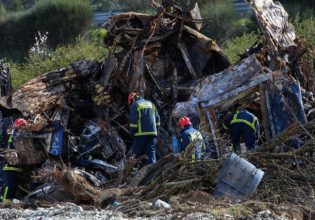
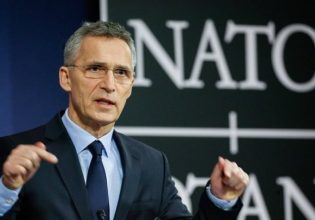




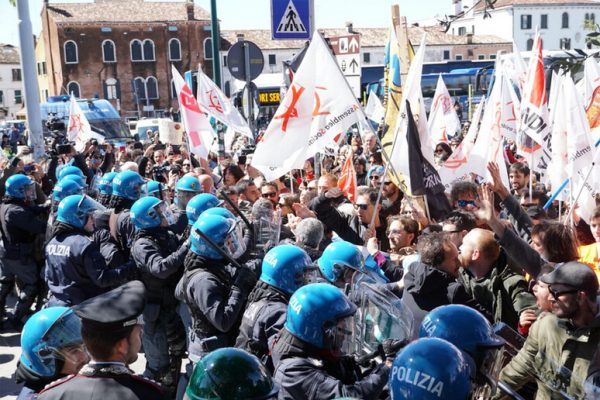




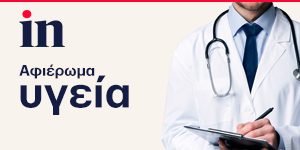

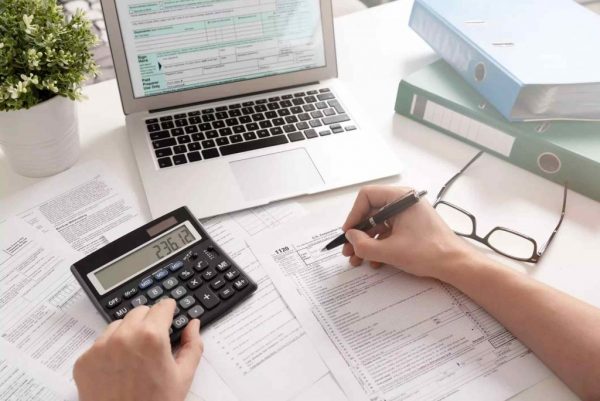
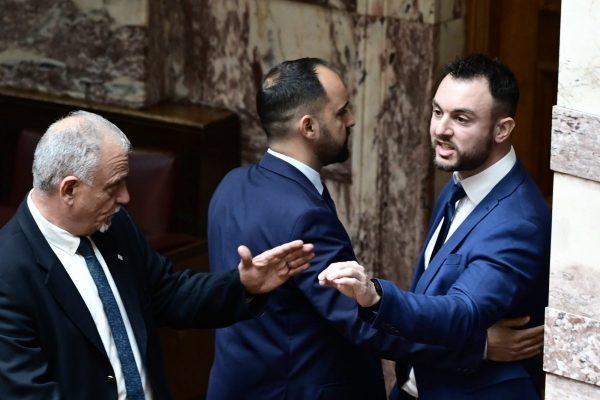
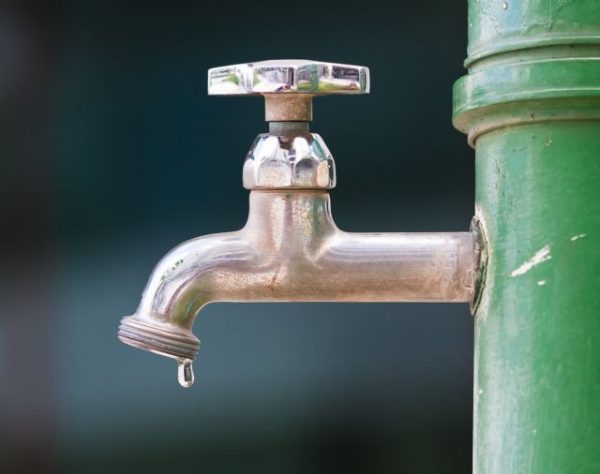




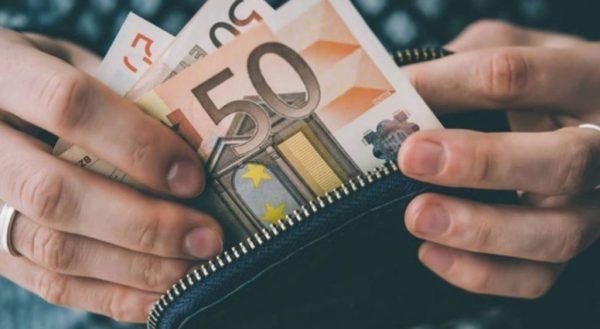




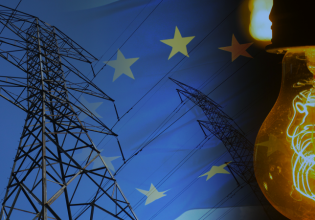
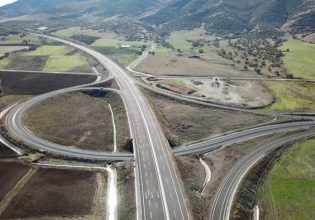





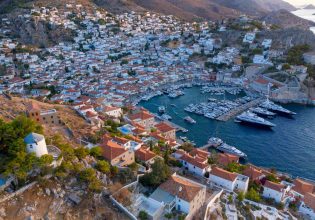

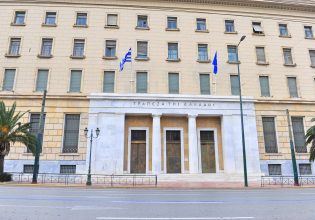








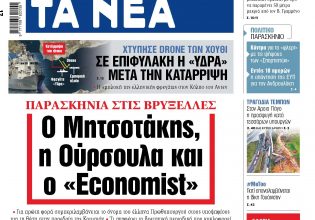
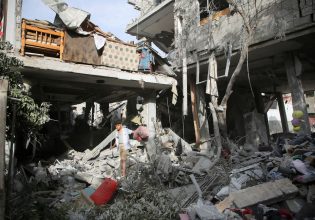

 Αριθμός Πιστοποίησης Μ.Η.Τ.232442
Αριθμός Πιστοποίησης Μ.Η.Τ.232442